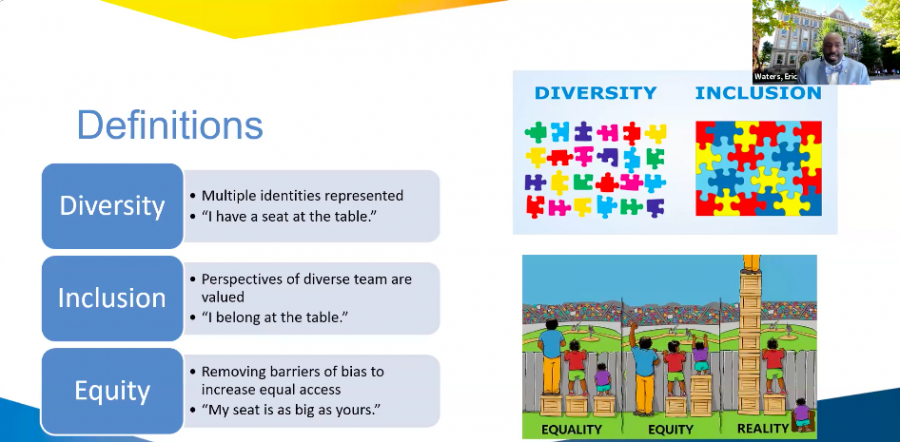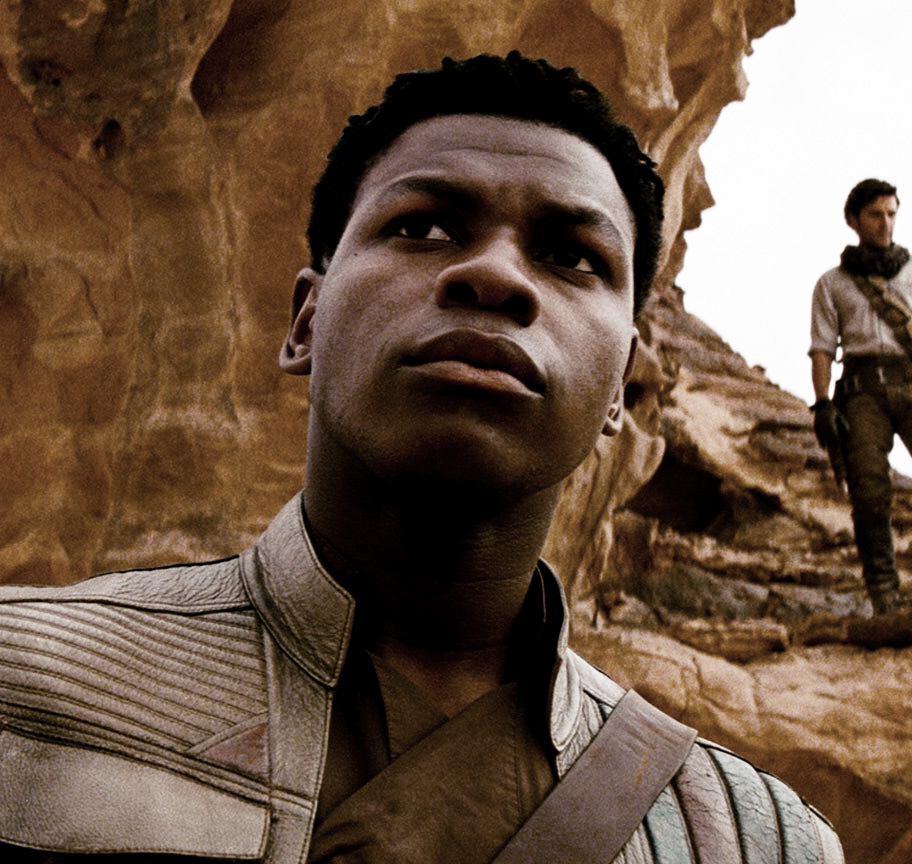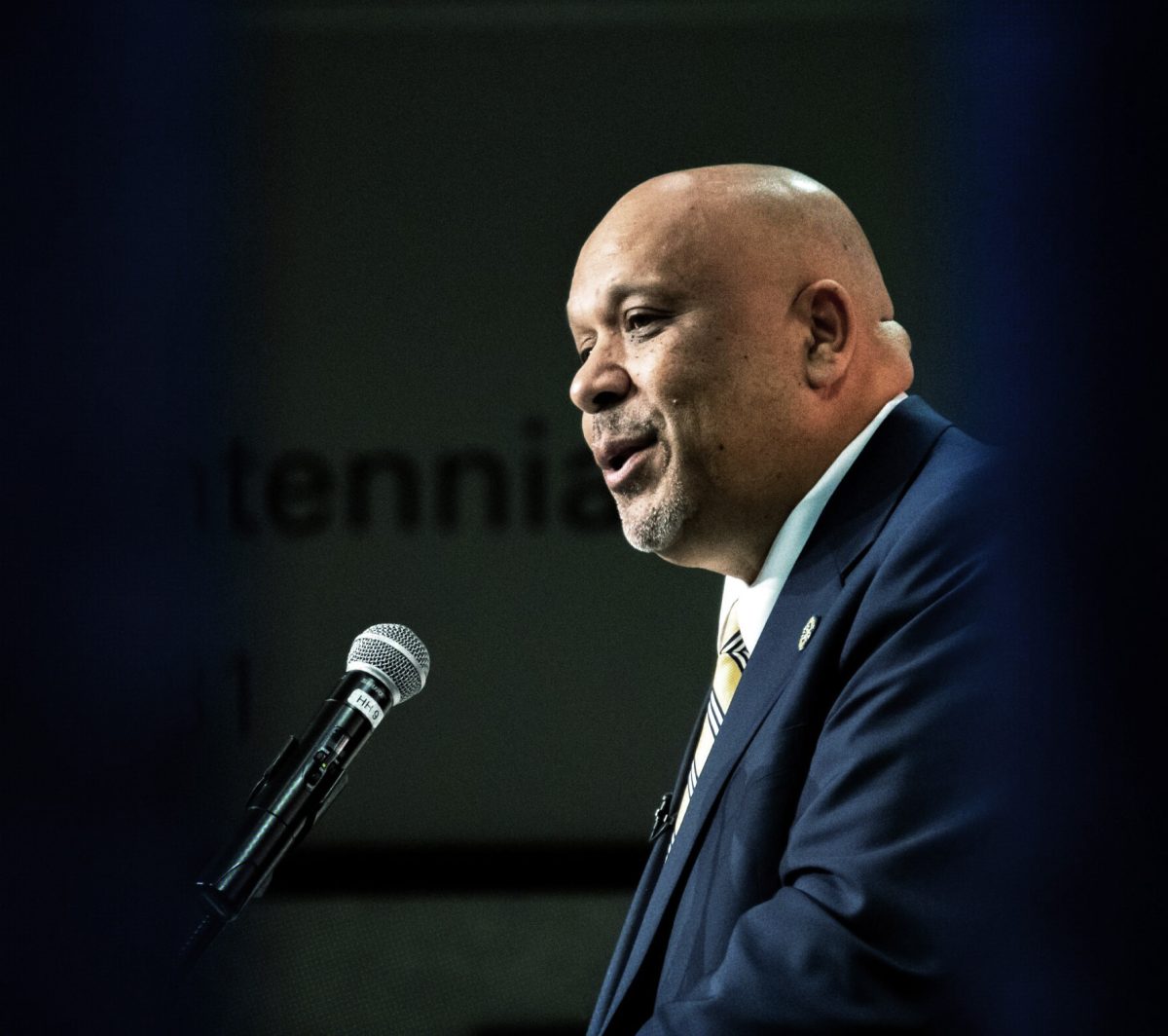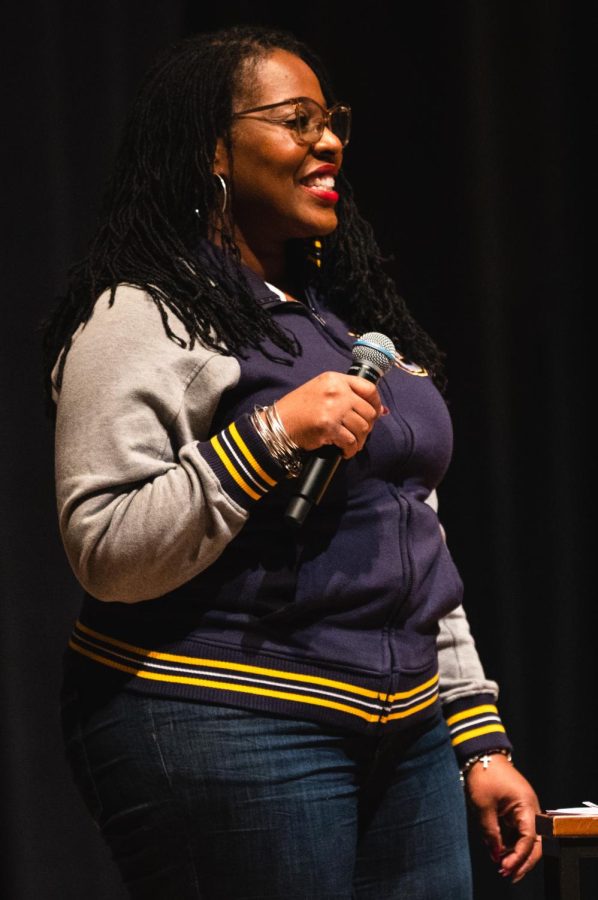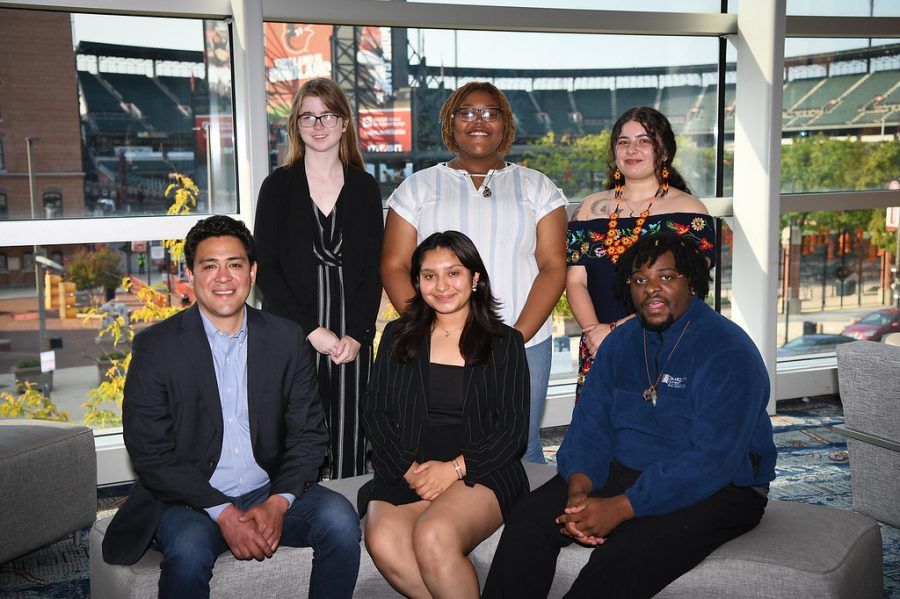Eric Waters, an assistant professor in the College of Communication, presented a webinar on dismantling institutional racism Sept. 1.
Sarah Burkhart, executive director of the Marquette University Alumni Association, introduced Waters.
“The objective of our program today is to equip leaders … with the skills to help dismantle racism by igniting a spark of change in your own respective organizations,” Burkhart said.
The webinar followed the June 17 virtual town hall on racial injustice, where University President Michael Lovell announced the creation of a President’s Commission on Racial Equity in honor of the 50th anniversary of the Educational Opportunity Program.
The EOP is an academic program that enables low-income and first-generation students to enter and succeed in higher education, according to its website.
CORE will be made up of students, faculty, staff, alumni and community members. Lovell said during the town hall it will have an “action-oriented focus on structural changes at Marquette and in Milwaukee.”
Lovell said that it will build on EOP and other existing programs at Marquette and in Milwaukee and will have quarterly reports, yearly progress tracking and external evaluations every three years.
“We are facing a reckoning that has given us tensions that we have not seen since the heights of the Civil Rights Movement of the ’60s,” Waters said at the webinar. “In response to this moment, many organizations, corporations (and) business leaders have calculated from a Corporate Social Responsibility standpoint that statements decrying institutional racism are a favorable maneuver.”
However, Waters said that many companies do not go beyond statements.
“When you take a closer look at these companies and look at their hiring, look at their leadership teams, their boards, these tell us something different,” he said. “What we gather is … many of the statements against institutional racism are all style and no substance … and no change.”
Waters said that institutions are pervasive beliefs and power structures that guide individual and organizational behavior.
He named the Catholic Church and white supremacy as two examples of institutions, as they hold established norms, beliefs and behavior patterns that transcend organizations.
Waters talked about Critical Race theory and the racist systemic power imbalance that is permanently ingrained in American society.
“Racism at the institutional level creates power imbalances and access inequities that systematically disadvantage non-whites,” he said.
Waters said that redlining and racially-motivated discrepancies in law enforcement, hiring practices and disciplinary action are all examples of institutional racism.
“The federal government actually allowed mortgage lenders to deny loans to people of color based on where they live in the city,” Waters said, explaining the racist principle of redlining. “Black and Latino communities in Chicago, Detroit, Milwaukee and many other major cities were outlined in red on maps, which is where we get the term redlining.”
He also said that Black and Latino people are stopped, searched and charged more frequently and harshly than their white counterparts.
“If you’ve been paying attention to the local news, you can also see institutional racism at work in the way that law enforcement treated Jacob Blake and Kyle Rittenhouse (in Kenosha),” Waters said. “Jacob Blake caught seven bullets to the back. Kyle Rittenhouse walked around with a loaded AR-15, murdered two protesters and was able to drive home.”
Blake, a 29-year-old Black man from Kenosha, Wisconsin, was shot seven times in the back Aug. 23 as he walked away from a police officer. Blake is paralyzed from the waist down. Rittenhouse, a 17-year-old white teenager, traveled to Kenosha from his home in Illinois and, after an altercation, killed two people and wounded a third.
There has been outrage over the disparities in treatment of the two. Blake, despite being paralyzed, was handcuffed to his hospital bed. Rittenhouse, on the other hand, was allowed to leave the scene and was even granted a month-long stay in Illinois to arrange legal help.
Rittenhouse has been charged with two counts of first degree intentional homicide as well as possession of a dangerous weapon by a person under the age of 18, which is a misdemeanor. If Rittenhouse is charged as an adult, he faces life in prison.
Waters said that institutional racism must be dismantled, yet it can sometimes seem as though one person doesn’t have the power to do so.
“As individuals, our impact is limited, as institutions are built to endure,” Waters said. “However, organizations, through the process of institutional work, collaborating in aggregate, can potentially disrupt and dismantle institutional racism.”
Waters then stressed the importance of diversity, inclusion and equity and clarified the definitions of each, saying that sometimes organizations stop at diversity. Diversity means representing multiple identities, inclusion means valuing perspectives of a diverse team and equity means removing barriers of bias to increase equal access.
He also summarized six business-based arguments for diversity within organizations, which include benefits in cost, talent acquisition, marketing, creativity, problem solving and systems flexibility.
“When an organization is diverse, people who belong to a certain race or ethnicity will feel more welcome and they’ll feel less inclined to leave,” Waters said. “Most people in business will tell you that it’s expensive to continue to have to recruit and hire people if you have a lot of turnover.”
Waters then described the multicultural organization, which has structural integration, informational integration, organization identification, elimination of bias and acculturation. People of color are represented at all levels and included in out-of-work activities. Acculturation means resolving intergroup conflict resulting from cultural differences.
“Not surprisingly, it takes the right amount of skills, the right type of skills, the right type of leader to commit an organization to diversity and unequivocal opposition to white supremacy,” Waters said.
He said that power skills such as emotional intelligence, creativity and innovation, problem solving and adaptability are all crucial and necessitate communication. These can manifest as empathizing with employees of color, breaking some rules and resisting the old ways, finding common ground and being open-minded and flexible.
“While it’s not always necessary to re-invent the wheel, sometimes you should,” Waters said.
He then highlighted seven skills of servant leaders, or leaders dedicated to serving their companies and employees. According to Waters, servant leaders should think “big picture,” provide social support; prioritize employee interests and concerns; mentor, coach and develop; do the right thing; encourage education and be good citizens.
Additionally, he said that transformational leadership involved being a role model, inspiring rather than commanding, fostering innovation and creativity and treating employees as individuals.
“Transformational leaders are able to encourage greatness through high expectations and emotional appeals, and inspire their employees to commit to the organizational vision,” Waters said. “This means leading from your heart, not from your head.”
Waters said that empowering lower-level employees, setting initial conditions and guidelines and allowing reinvention or redefinition is the basis of the participation change model.
“Leaders also should be providing the appropriate sources of information but stay relatively hands off until they are needed to get the ball across the goal line and ultimately impact the other changes that are necessary,” Waters said.
Recently, the Milwaukee Bucks protested the shooting of Jacob Blake by refusing to play in a playoff game Aug. 26.
“Some things are bigger than basketball,” the team’s senior vice president Alex Lasry tweeted. “The stand taken today by the players and the org shows that we’re fed up. Enough is enough. Change needs to happen. I’m incredibly proud of our guys and we stand 100% behind our players ready to assist and bring about real change.”
Waters said that this was one example of a leader being hands-off and allowing others in the organization to drive efforts to send messaging and show that an organization is ready to do the work.
He also said that Netflix and Reddit have taken steps in the right direction as Netflix donated money to Black banks and Reddit head Alexis Ohanion stepped down and asked to be replaced by a Black person. Ohanion was replaced by Michael Seibel, who has founded start-ups such as streaming-platform Twitch.
Waters wrapped up by stressing the factors necessary for diversification and change.
“When organizations diversify and act in aggregative, they can challenge institutional racism,” Waters said. “Transformational servant leaders are best equipped to initiate organizational change. These types of changes should be driven by non-white employees.”
Waters said that Academics for Black Survival and Wellness, a group of Black counseling psychologists, has put together high-quality and well-curated resources for those interested in learning how to move forward. Additionally, Waters’ own website offers assessment, training and coaching on power skills, leadership and other topics.
This story was written by Shir Bloch. She can be reached at shir.bloch@marquette.edu.

